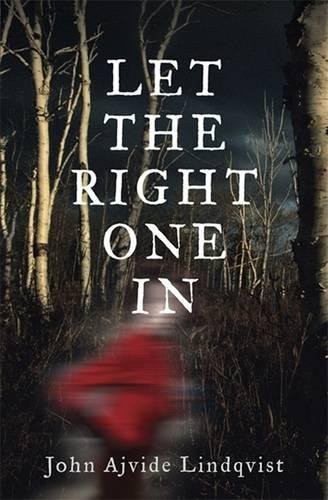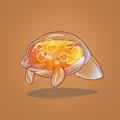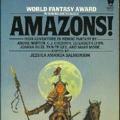KnitAFett reviewed Let the Right One in by John Ajvide Lindqvist
Actual is 3.5
3 stars
Håkan is an absolutely despicable and disgusting character and I hated every moment that he was brought up through this book. That's is. That's my review.
Haha.
This is a very bleak vampire story. It can be decently gruesome at times. A lot of sexual interactions, pedophilia, and bullying going on. I felt like there were a few too many characters and it made it drag on a bit. The overall concepts in this were interesting, though. I liked that while this takes place in Sweden, it's not the typical utopian town that we're usually seeing in the media.
There's nothing that's really hopeful or feel good through this book, so unless you're up for a long, bleak read, maybe skip on this one.
Håkan is an absolutely despicable and disgusting character and I hated every moment that he was brought up through this book. That's is. That's my review.
Haha.
This is a very bleak vampire story. It can be decently gruesome at times. A lot of sexual interactions, pedophilia, and bullying going on. I felt like there were a few too many characters and it made it drag on a bit. The overall concepts in this were interesting, though. I liked that while this takes place in Sweden, it's not the typical utopian town that we're usually seeing in the media.
There's nothing that's really hopeful or feel good through this book, so unless you're up for a long, bleak read, maybe skip on this one.



